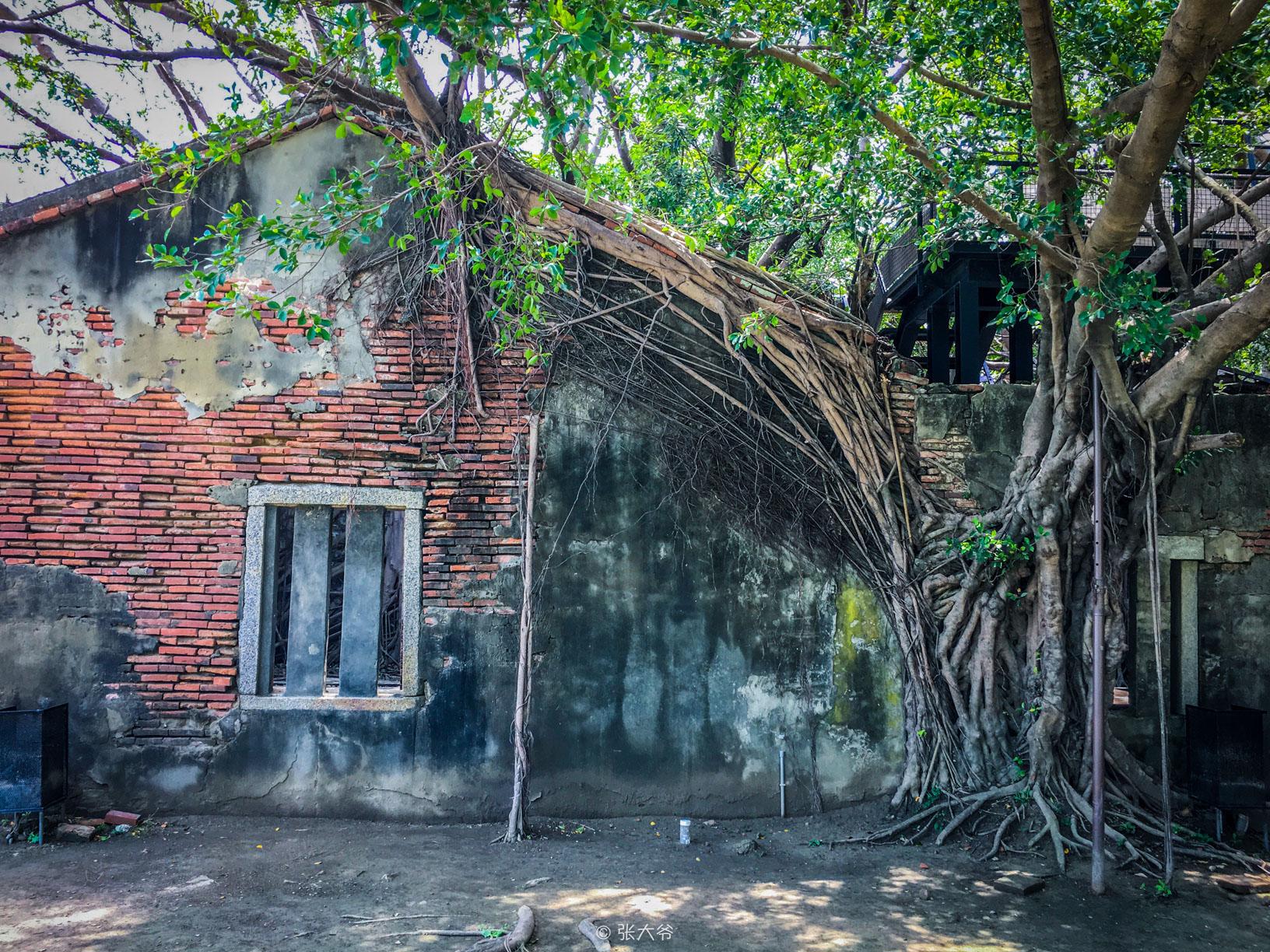My drug loving mom
I woke up in a daze. As soon as I opened the door, I saw my mother frowning, one hand on the wall, the other hand on her waist moving in the living room! Actually, I'm standing and walking, but the steps are very small. I asked mom what was going on? Mom said, fell!
Huh? How did you fall! I was surprised and nervous. In my impression, my mother has flexible limbs and good health all the time. Although she is in her fifties, she doesn't fall so hard


